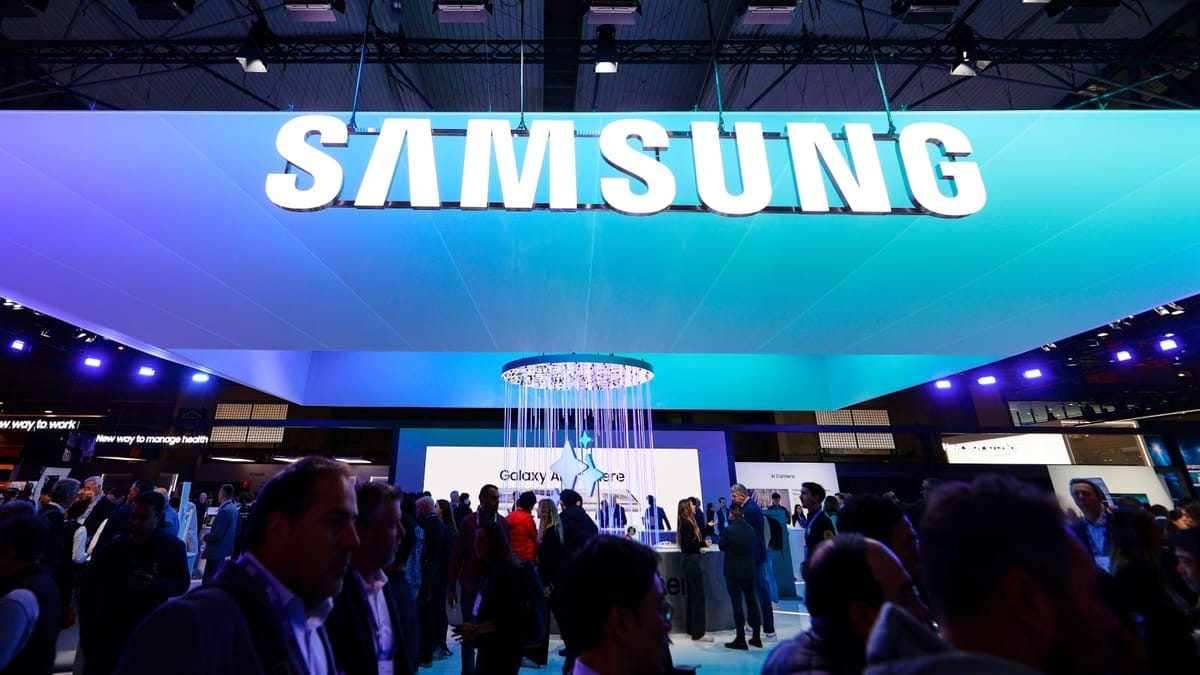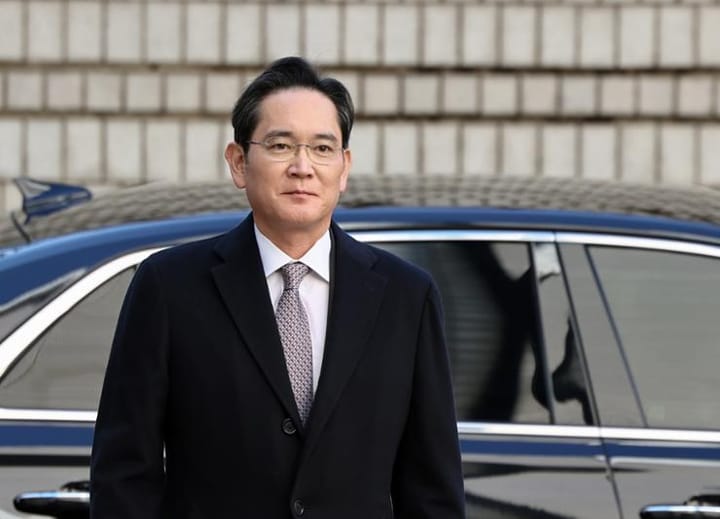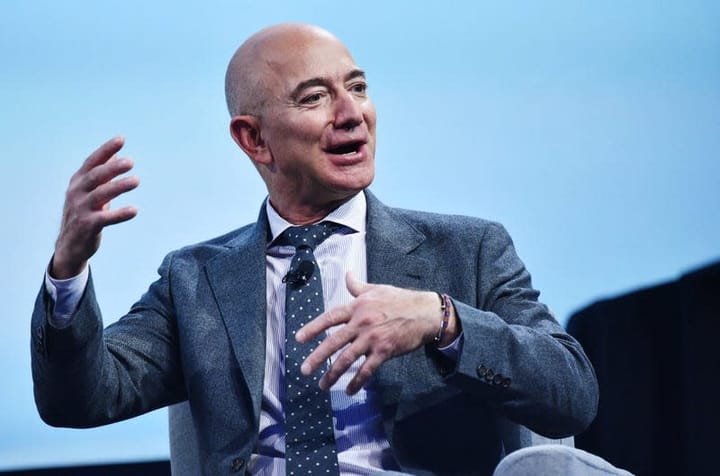Samsung’s $7 Billion Comeback: AI Sends Chip Profits Soaring

Samsung Set for Best Q3 Profit Since 2022 as AI Supercharges Chip Demand
Chip Prices Climb, Profits Follow
Samsung Electronics is poised to report its highest third-quarter profit in three years, with analysts pointing to booming demand for memory chips driven by artificial intelligence and cloud computing.
The South Korean tech giant is expected to announce an operating profit of 10.1 trillion won (around $7.11 billion) for the July–September period — a 10% increase from last year — according to estimates compiled by LSEG SmartEstimate.
This marks a major turnaround for Samsung, which faced sluggish demand and falling prices in 2022 and early 2023. Now, thanks to the AI boom and a rebound in traditional memory chips, the company is back on the offensive.
What’s Fueling Samsung’s Surge?
AI Is Reshaping the Chip Market
The surge in interest around AI tools like ChatGPT, along with hyperscaler investments in AI infrastructure, has boosted demand for servers — and by extension, the chips that power them.
As companies rebuild inventories to keep up with AI computing loads, prices for DRAM chips — used in everything from data centers to PCs — have skyrocketed. Some DRAM prices jumped nearly 172% year-over-year, according to data from TrendForce.
Conventional Memory Chips Carry the Weight
While Samsung hasn’t yet started shipping its newest 12-layer HBM3E chips to key AI customers like Nvidia, its conventional DRAM and NAND businesses are pulling their weight.
Demand for standard memory chips remains high as general servers take on more AI workloads, helping Samsung offset the delay in HBM (high-bandwidth memory) shipments.
HBM3E Delays Still a Concern
Despite the strong quarter, Samsung is still trailing behind rivals SK Hynix and Micron when it comes to advanced AI chip supply. Both competitors have been quicker in delivering cutting-edge HBM products to companies like Nvidia, gaining a larger share of the AI-driven market.
Samsung’s slower rollout of HBM3E chips and its broader exposure to China — where U.S. chip export restrictions are in place — have limited its growth in the highest-end segment of the market.
Big Names Back Samsung’s Chip Future
Tesla, OpenAI Boost Market Optimism
Samsung recently made headlines with two major deals that could shape its chip future:
- A $16.5 billion foundry deal with Tesla, signaling confidence in Samsung’s ability to manufacture high-performance chips for electric vehicles and autonomous systems.
- A partnership with OpenAI and SK Hynix to supply advanced memory chips for OpenAI’s Stargate project, one of the biggest AI infrastructure initiatives to date.
Samsung is also expected to benefit indirectly from OpenAI’s collaboration with AMD, a major HBM customer. If Samsung meets expectations with its HBM3E chips, it could see a wave of new orders.
Following its Tesla deal, Samsung’s share price has surged over 43%, showing investor confidence in the company’s rebound.
Risks and Uncertainties Remain
While the AI-fueled outlook is promising, analysts warn of several potential challenges:
- U.S. tariffs on chip imports and trade tensions with China could disrupt global supply chains.
- China’s export restrictions on rare earth materials, essential for chipmaking, could limit access to critical components.
- Any further delays in delivering high-end HBM products to Nvidia or other top AI players could slow Samsung’s momentum.
Still, analysts believe Samsung’s recent partnerships and diversified chip strategy put it in a strong position for growth in 2025 and beyond.
Looking Ahead
Samsung is expected to release its official Q3 revenue and profit estimates soon, followed by full earnings later this month. The market will be watching closely for updates on:
- Progress in HBM3E chip production
- New AI-related supply deals
- Foundry expansion plans
- Impact of global trade policies on chip exports
With AI continuing to reshape the tech landscape, Samsung’s ability to deliver high-performance chips — both standard and advanced — will be key to sustaining its comeback.



